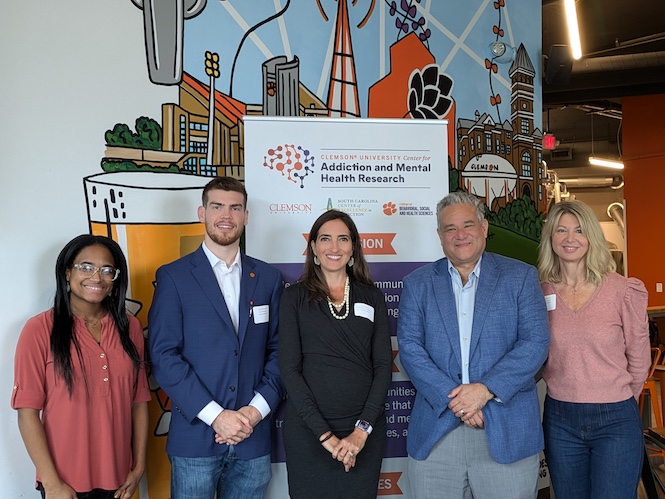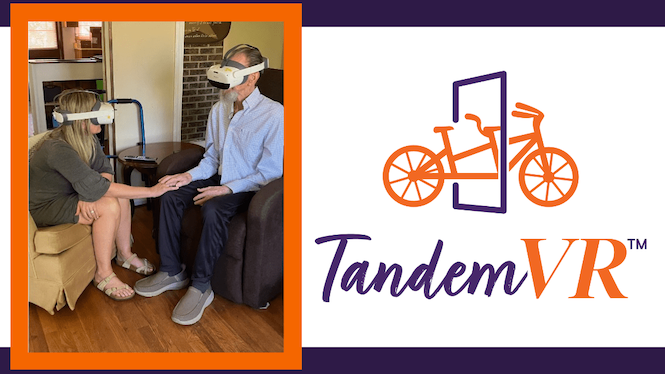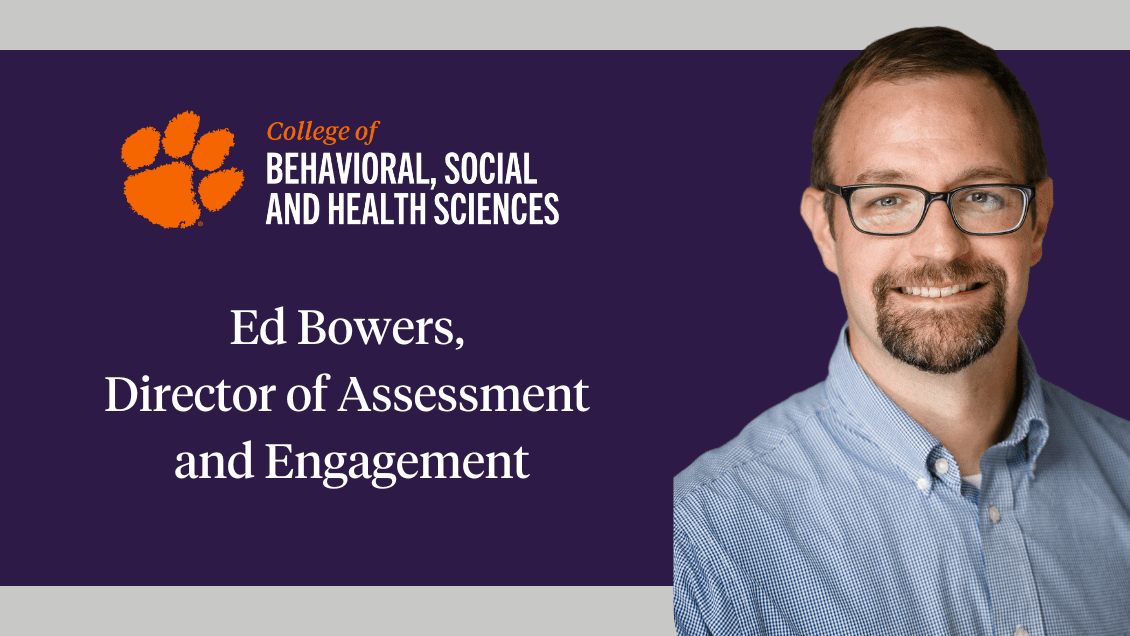
About CAMHR
The Center for Addiction and Mental Health Research (CAMHR) is dedicated to conducting research on addiction and mental health conditions in order to inform policies and practices that prevent and reduce the harms of these public health problems.
Our Mission : We partner with communities to generate knowledge that transforms addiction and mental health science, policies, and practices.
Our Vision : Healthy, resilient communities prevailing over addiction and mental health challenges.
Our Values: The core beliefs and purpose of CAMHR are described through its shared values, which define our culture as:
- Translational. We translate science into practice, conducting research that is rigorous and relevant.
- Connected. We value interdisciplinary collaboration and connectedness with colleagues and the community.
- Innovative. We are inquisitive and innovative, practicing responsiveness to the world around us and flexibility to adjust to changing conditions.
- Inclusive. We believe diversity and lived expertise inform and strengthen the relevance and application of our work.
- Respectful. We are compassionate and supportive, ensuring a respectful and encouraging environment for all.
What We Do
Faculty and Student Development
CAMHR serves as a resource for faculty and students by promoting research visibility and increasing research output. We boost visibility through strategic outreach efforts, including special events, newsletters, presentations, marketing efforts, and more. To build research capacity, CAMHR offers focused support and facilitates greater interdisciplinary collaboration in the addiction and mental health field. Moreover, our Center provides tailored resources, mentoring, and professional development opportunities (i.e. writing groups, webinars, networking, and grant announcements) for researchers to enhance their expertise and increase their success in obtaining extramural funding. See our faculty affiliates.
Community Development
As a resource for the community and state, CAMHR provides Technical Assistance (TA) and facilitates faculty-community connections for non-profit organizations, community-based agencies, government, and healthcare providers. Through the South Carolina Center of Excellence in Addiction, we offer pro bono TA, including one-on-one support for Opioid Abatement Strategies along with a Clinical Warm Line for substance use treatment. In addition, we seek to connect our affiliated faculty with our community and government partners, further promoting the visibility, accessibility, and practical application of our research. See our partners.
Our Research
Our research covers epidemiology, prevention, and intervention for addiction and mental health conditions.
- Epidemiology: The prevalence, risk and protective factors associated with addiction and mental health conditions.
- Prevention: Evaluation of strategies across all levels of the social ecology that prevent or mitigate these public health problems, including strategies that target individuals, families, schools, communities, and society.
- Intervention: Developing evidence-based practices for ameliorating substance use and mental health conditions. Improving service provision, utilization, and delivery.
Sign Up to Receive the CAMHR Newsletter
Send twice monthly, the CAMHR Newsletter is filled with useful updates on funding sources, project notices, professional development opportunities, and the latest news from faculty affiliates and community partners. Email CAMHR to be added to our newsletter!
In The News

Clemson researcher develops first-of-its-kind shared virtual reality experience, Tandem VR Olivia McAnirlin, co-director of the Clemson University Virtual Reality and Nature (VRN) Lab in the Department of Parks, Recreation and Tourism Management (PRTM), developed the concept of a shared virtual reality (VR) experience, known as Tandem VR, during her dissertation research as a PRTM doctoral student.

Roy Professorships support research on Alzheimer’s, cancer, substance abuse disorders
Cancer patients, people who suffer from substance abuse disorders and those with Alzheimer’s disease stand to benefit from research by Clemson University’s newest Dr. Wallace R. Roy Distinguished Professors, including Kaileigh Byrne, Ph.D., associate professor in the Department of Psychology and director of Clemson’s Cognition and Decision Science Lab. She is also a Clemson University School of Health Research (CUSHR) Faculty Scholar and faculty affiliate for the Clemson Institute for Engaged Aging.

Clemson University Police, criminal justice professors working to improve mental health crisis responses
Since 2019, Bryan Miller, professor and associate dean of research and graduate studies for the College of Behavioral, Social and Health Sciences, has been working with the Clemson University Police Department (CUPD) to revamp its responses to mental health crisis calls.
Funding Achievements

Ed Bowers to continue supporting Clemson Elevate efforts for CBSHS as director of assessment and engagement
In his role as director of assessment and engagement, Bowers will expand on his work to evaluate the College’s footprint across the state and nation and facilitate engagement activities and partnerships for each of the College’s academic departments, centers and institutes.

